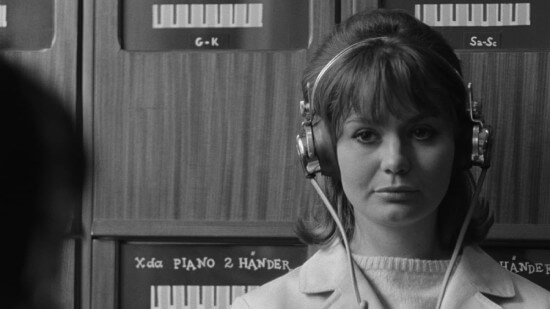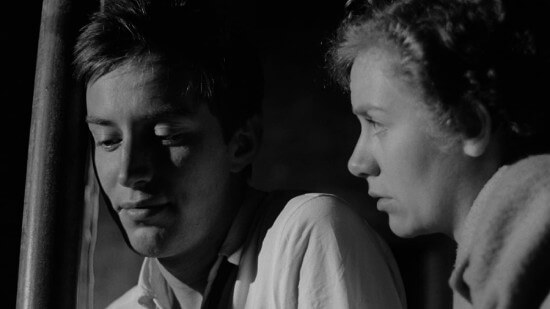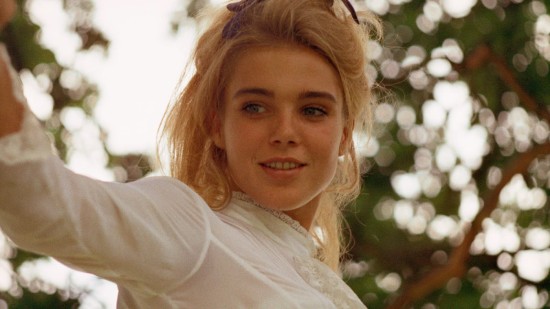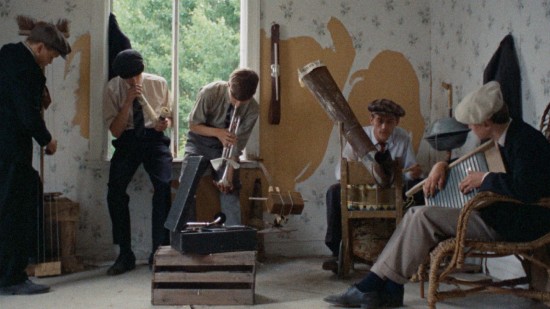Best of Criterion’s New Releases: August 2023
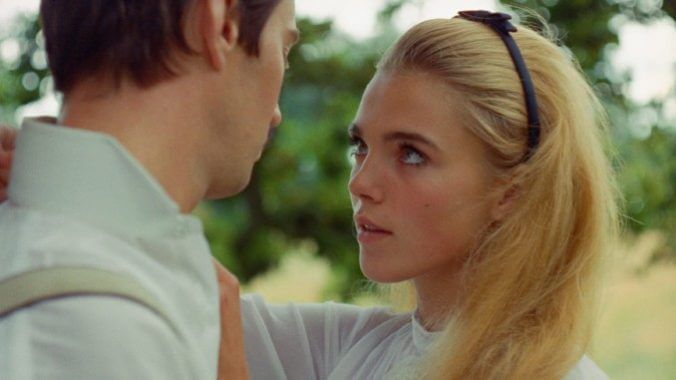
Each month, Paste brings you a look at the best new selections from the Criterion Collection. Much beloved by casual fans and cinephiles alike, Criterion has presented special editions of important classic and contemporary films for over three decades. You can explore the complete collection here.
In the meantime, because chances are you may be looking for something, anything, to discover, find all of our Criterion picks here, and if you’d rather dig into things on the streaming side (because who’s got the money to invest in all these beautiful physical editions?) we’ve got our list of the best films on the Criterion Channel. But you’re here for what’s new, and we’ve got you covered.
Here are all the new releases from Criterion, August 2023:
DreamsYear: 1990
Director: Akira Kurosawa
Stars: Akira Terao, Martin Scorsese, Chishū Ryū, Mieko Harada, Mitsuko Baisho
Rating: PG
Runtime: 119 minutes
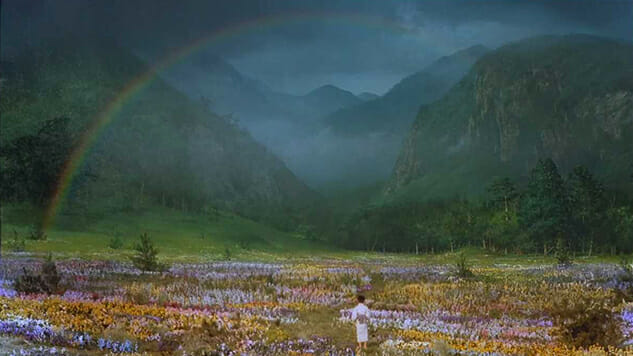
About to be an octogenarian, Kurosawa decided to look inward as a way to chronicle his considerable life experiences, using the various dreams he actually remembered throughout his life as a conduit to communicating the way he saw the world. An anthology of eight dreams, split into eight short films vastly different in style, tone, and even genre, hold together beautifully care of Takao Saito’s and Shôji Ueda’s striking cinematography and the sometimes enchanting, sometimes haunting spiritual mood that envelops every frame. Each segment is memorable in its own right, but the one that stands out is a terrifying nightmare wherein a World War II veteran has to face his dead platoon and rationalize why he survived while the others perished. This section’s effortless success in filling the audience with fear maybe implies some Kurosawa could have found more success in horror had he been interested.—Oktay Ege Kozak
Dim Sum: A Little Bit of HeartYear: 1985
Director: Wayne Wang
Stars: Laureen Chew, Kim Chew, Victor Wong, Ida F. O. Chung, Cora Miao, Amy Hill, Joan Chen
Rating: NR
Runtime: 88 minutes
A loose Ozu riff with a different and lesser power than that found in Wayne Wang’s breakout comedy-noir Chan Is Missing, Dim Sum: A Little Bit of Heart still showcases the filmmaker’s winning familiarity with his San Francisco immigrant community. Though centered on death, loneliness and responsibility, Dim Sum is colloquial both in its mix of languages and its atmosphere. Real-life mother-daughter duo Laureen and Kim Chew make up its emotional backbone, though Victor Wong’s performing experience provides the film’s most charming (and breezily mournful) moments. Rarely have speeches about losing recipes hit so hard, but Wang imbues them–like he imbues the rest of his scenes of the everyday–with the utmost importance. If the little pleasures of life fade, then what could we possibly have left? The grand ideals of the old ways? Sorry, but in Wang’s ’80s, especially in its New Year’s setting, those old acquaintances have all but been forgotten…even if we still feel lingering guilt about forgetting them.—Jacob Oller
-

-

-

-

-

-

-

-

-

-

-

-

-

-

-

-

-

-

-

-

-

-

-

-

-

-

-

-

-

-

-

-

-

-

-

-

-

-

-

-

